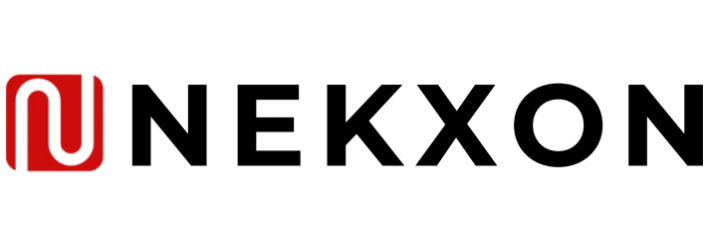PPC Advertising Agency Services In Dubai
PPC stands for pay-per-click, a model of digital advertising where the advertiser pays a fee each time one of their ads is clicked. Every smart businessman understands the incredible power of Pay-Per-Click (PPC) marketing. It’s a game-changer because you only pay when potential customers actively engage with your ads. The most common form of PPC advertising is through search engines, such as Google Ads, where advertisers bid on keywords and their ads appear at the top of search engine results pages when those keywords are searched for. PPC advertising can also be done through social media platforms, such as Facebook and Instagram, and through display advertising on websites.

PPC offers several benefits not found with SEO or social media, including:
Quick results: PPC advertising can drive traffic to a website almost immediately, whereas SEO can take time to show results. Platforms usually approve ads the same day, providing maximum exposure almost immediately. This could be a text ad via Google search, an image ad through Instagram, or even a video featured on YouTube. Using multiple platforms in different formats can increase your brand’s visibility.
- Reach your targeted audience: PPC advertising allows marketers to target specific demographics, interests, and location, which helps to reach the right audience. You can even target individuals based on their behaviors and interests; social media sites like Facebook can help you get your ad to the group that’s likely to convert into a sale.
- Measurable: PPC advertising provides measurable results. It allows marketers to track conversions, return on investment (ROI), and other key performance indicators (KPIs).
- Cost-effective: PPC advertising can be more cost-effective than traditional advertising methods, such as television or print ads, since marketers only pay when a user clicks on their ad, and they can set a budget for their campaign.
- Branding: PPC advertising can help to increase brand awareness. Even if users don’t click on the ad, they may still see it and remember the brand.
- Complementing SEO: PPC can be used to supplement SEO efforts. While SEO focuses on increasing organic traffic, PPC can be used to drive immediate traffic to a website while SEO efforts are still ongoing.
- Track your goals: Tools such as Google Analytics can help you track your goals. See how your ads are performing in real-time, and decide what needs to get done to reach your goals more efficiently.
- Reputation management: PPC can be used to bid on keywords matching a reputation event and directed to a landing page directly addressing the matter so you can control the narrative, instantly and professionally.
PPC strategy and campaign planning?
Define your target audience: Identify the demographics of the people you want to reach with your ads, including their age, gender, location, interests, and more.
- Set clear goals: Determine what you want to achieve with your PPC campaign, such as increasing website traffic, driving online sales, or generating leads.
- Research keywords: Use keyword research tools to identify the terms and phrases your target audience is searching for, and include them in your ad copy and website content.
- Create compelling ad copy: Write attention-grabbing headlines and descriptions for your ads that will entice people to click through to your website.
- Choose the right ad platforms: Decide which platforms you want to advertise on, such as Google Ads, Microsoft Advertising, Meta Ads (for Facebook and Instagram), and so on.
- Monitor and optimize your campaign: Track the performance of your ads and make adjustments as needed to optimize your campaign and achieve your goals.
- Test different ad formats and targeting options: Try different ad formats (like text, image and video) and experiment with different targeting options to see what works best for your campaign.
- Set a budget: Decide how much you want to spend on your campaign and make sure you stick to your budget.

